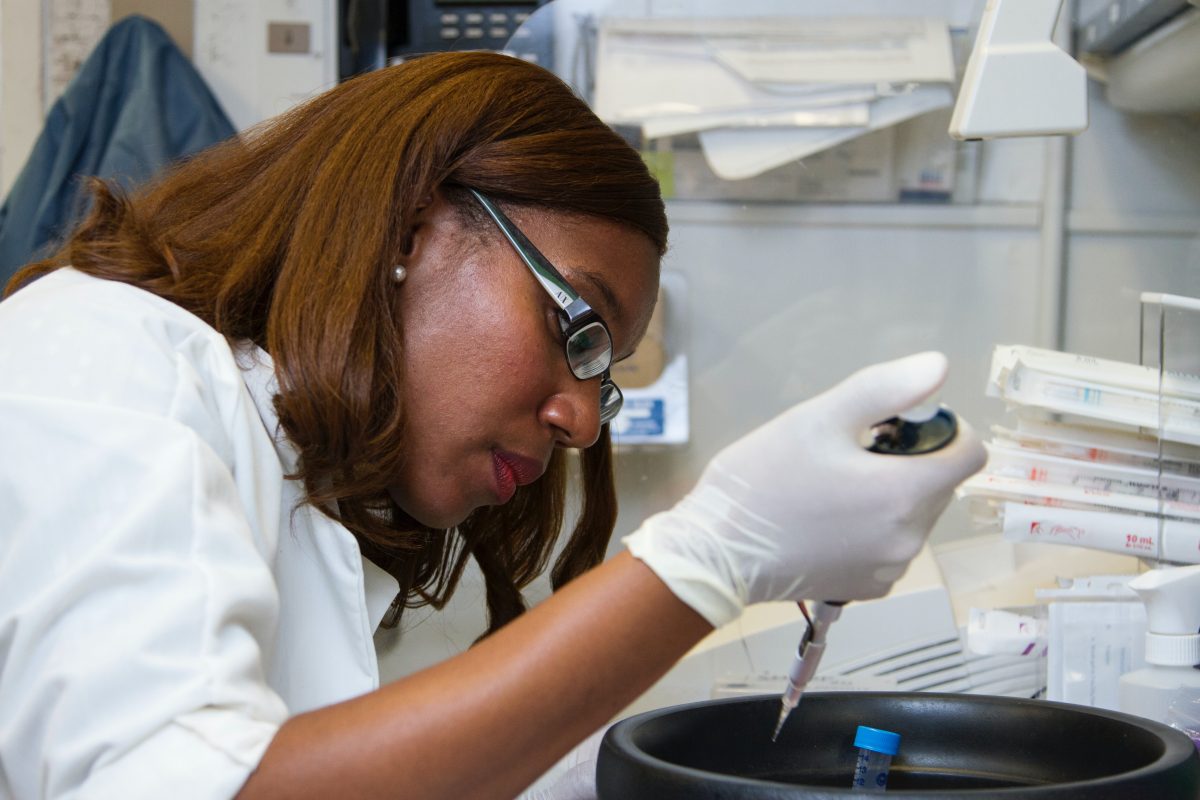
Breakthrough Discovery Could Turn Cancer into a Treatable Disease
University of Salford via News-Medical Net – Professor Michael Lisanti and Professor Federica Sotgia have made a discovery that could turn cancer into a treatable disease and remove the fear from a cancer diagnosis.
Despite years of research and billions of pounds of investment, there are no MHRA/FDA-approved drugs for the prevention of metastasis. As a consequence, cancer metastasis remains a mysterious, untreatable, lethal disease.
What is cancer metastasis? Metastasis is what happens when cancer cells spread throughout the body, most often to other organs, like the brain, bone tissue, the lungs and the liver. Metastasis, more often than not, turns cancer into an untreatable, terminal disease. No effective therapies are available.
After surgical removal of the primary tumor, most cancer patients are treated with chemo-therapy and radiation to eradicate the remaining tumor cells that have been left behind, by incomplete surgical removal of cancerous lesions. Unfortunately, many cancer patients ultimately undergo tumour recurrence, resulting in distant metastasis (cancer spread).
As a result, more than 90% of these patients that undergo treatment failure, die from metastatic disease. Therefore, the discovery of inhibitors of metastasis could turn cancer into a chronic treatable disease and remove the fear from a cancer diagnosis.
In order to fill this knowledge gap and meet clinical needs, researchers at the University of Salford have identified that the Achilles’ heel of metastasis is ATP-depletion, which can be achieved by simply removing the cancer cell’s ability to make new energy.
Professor Michael Lisanti and Professor Federica Sotgia, who both work in Translational Medicine at The University of Salford, have designed and tested new inhibitors of cancer metastasis that are based on an existing FDA-approved antibiotic, namely Doxycycline, first approved in 1967.
They have now chemically modified Doxycycline, making it 5 times more potent for the targeting of metastatic cancer cells. Fortunately, this modification also renders Doxycycline ineffective as an antibiotic, effectively removing the risk for the development of antibiotic resistant bacteria and infections.
In addition, they show that this new drug, which is named Doxy-Myr, to reflect that addition of a fatty acid, is also non-toxic in pre-clinical studies.
“While this new family of drugs must now undergo clinical trials the work directly shows proof of concept that it is feasible to successfully design drugs that can prevent metastasis, by targeting the process of cellular energy production. Hence, cutting off the fuel supply, prevents metastasis.
This breakthrough could ultimately change clinical practice, by adding metastasis prevention, as a new, more effective, weapon in the war on cancer. ” (Professor Michael Lisanti, University of Salford)
To read the original article click here.






